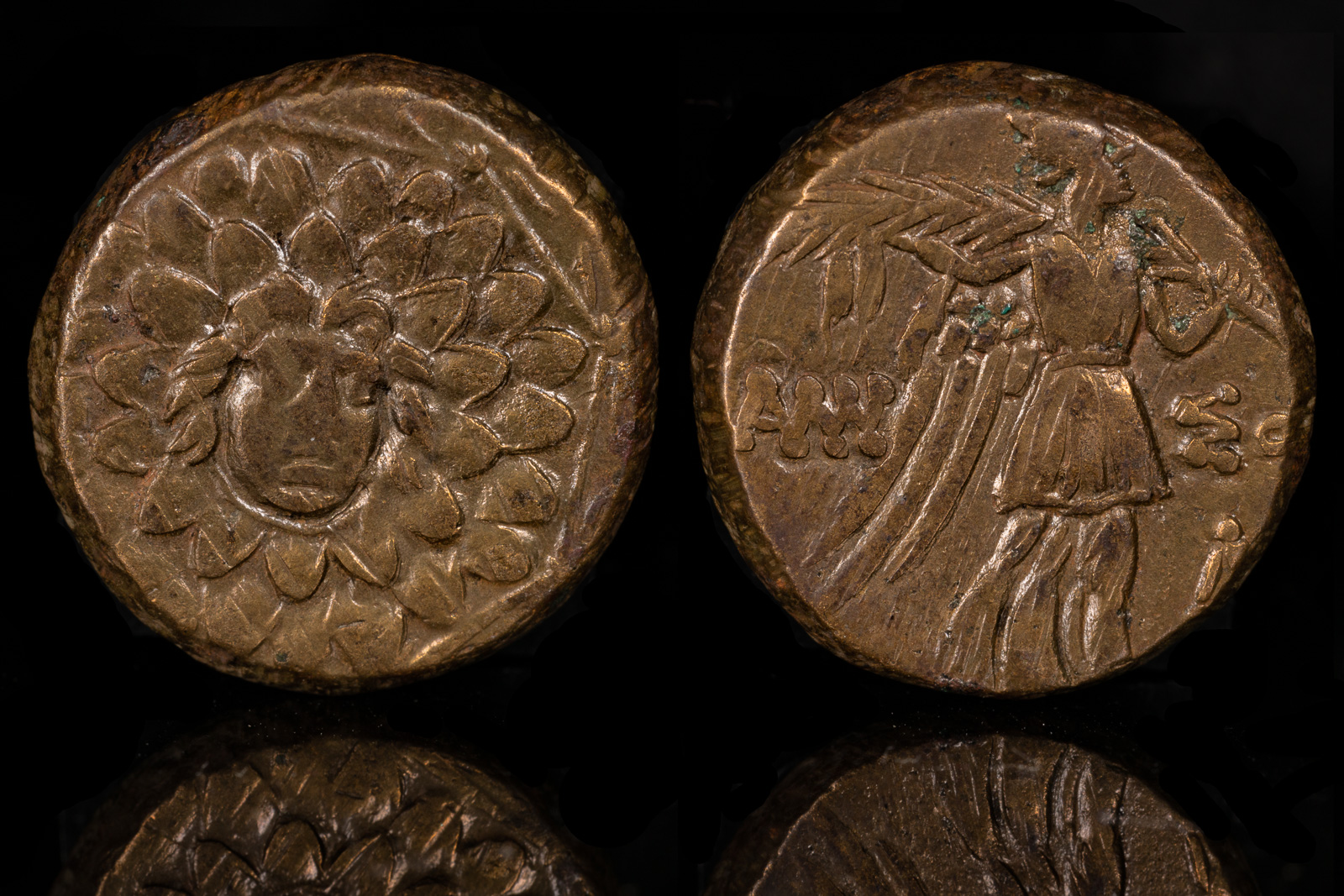Gorgon
View All Tags
The Gorgon’s image was widely used as a protective amulet, particularly in the form of the Gorgoneion, which was a stylized representation of the Gorgon’s face. These Gorgon faces, often featuring glaring eyes and bared teeth, were used to ward off evil and deter enemies. They were commonly placed on shields, armor, and buildings, especially in the classical period. The presence of the Gorgon’s face on such objects was thought to invoke the Gorgon’s power to repel harm and protect the wearer from dangerous forces, be they physical enemies or supernatural threats.
In addition to their protective role, Gorgons were also symbolic of death and decay. The Gorgon’s ability to turn people to stone was seen as a reflection of the inevitable power of death, and its image was often used in contexts where life and death were in tension. This association with death is most clearly seen in the myth of Perseus, who beheaded Medusa with the help of divine tools. The head of Medusa, even after her death, retained its petrifying power, and Perseus used it as a weapon in several subsequent battles. The severed head of Medusa was also frequently used in art and sculpture, serving as both a symbol of victory over death and a reminder of its presence.
On a deeper level, the Gorgon could symbolize the transformative power of terror. In some versions of the myth, Medusa was a beautiful woman who was transformed into a monster as punishment by Athena. This transformation reflected the Greek belief in the fluidity of identities and the ways in which individuals could be changed by external forces, particularly through violence or divine intervention. Medusa’s transformation into a Gorgon could also be interpreted as a representation of the corrupting nature of fear, a monster born out of the intersection of beauty, rage, and suffering.
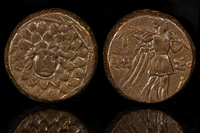
Amisos, Pontos 120-63 BCE
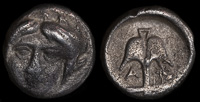
Apollonia Pontika 4th cent BCE
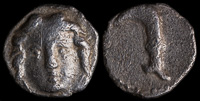
Etenna, Pisidia 250 BCE
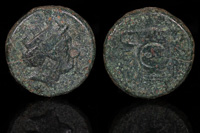
Hebryzelmis 389-383 BCE
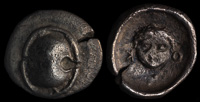
Koroneia, Boeotia 400-350 BCE

Macedonian Interregnum 288-277 BCE
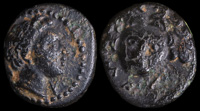
Mallos, Cilicia 400-350 BCE

Miletos 320 BCE
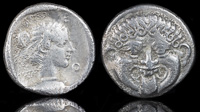
Neapolis, Macedon 375-350 BCE

Nikokreon of Salamis 323-317 BCE
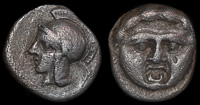
Selge, Pisidia 350-300 BCE
